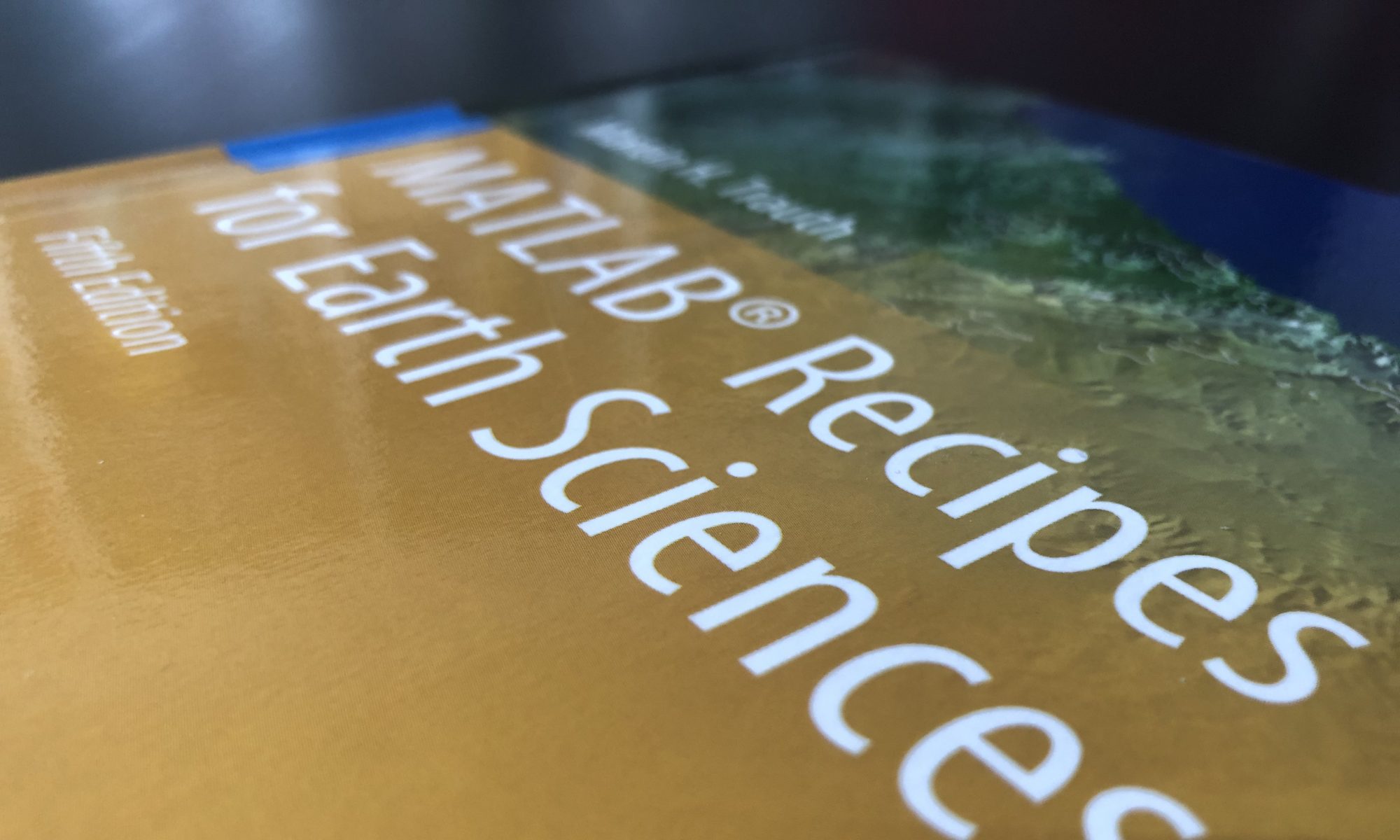The new textbook “Signal and Noise in Geosciences” (Springer 2021) introduces methods of data acquisition in geosciences using MATLAB together with inexpensive data acquisition systems, such as the sensors on board of smartphones, sensors that come with the LEGO MINDSTORMS set, webcams with stereo microphones, affordable spectral and thermal cameras.
The text includes numerous experiments on data acquisition, such as acquiring stereo images with smartphones to calculate point clouds from rock specimens, using visible and near-infrared spectral cameras to classify minerals in rocks, using thermal cameras to differentiate between substances such as soils and vegetation, localizing a sound source using travel time differences between pairs microphones, quantifying the total harmonic distortion and signal-to-noise ratio of acoustic and elastic signals, acquiring and streaming meteorological data using application programming interfaces, wireless networks, and internet of things platforms, determining the spatial resolution of ultrasonic and optical sensors, and detecting magnetic anomalies using a smartphone magnetometer mounted on a LEGO MINDSTORMS scanner.
The MATLAB software, which has been in existence for more than 40 years, is used since it not only provides numerous ready-to-use algorithms for most methods of data acquisition but also allows the existing routines to be modified and expanded, or new software to be developed. MATLAB is also used because, unlike free alternatives, it offers a warranty, complete and up-to-date documentation, professional support with a guaranteed response time of less than one working day, and the ability to certify computer code. However, most methods are introduced with very simple codes before any MATLAB-specific functions are used, so that users of free alternatives to MATLAB will also appreciate the book.
The book’s supplementary electronic material (4 GB, available online through Springer Link) contains recipes that include all the MATLAB commands featured in the book, the example data, the LEGO construction plans, photoss and videos of the measurements.
Signal and Noise in Geosciences
MATLAB Recipes for Data Acquisition in Earth Sciences
M.H. Trauth
References
Trauth, M.H. (2021) Signal and Noise in Geosciences, MATLAB Recipes for Data Acquisition in Earth Sciences. Springer International Publishing, 343 p., Supplementary Electronic Material, Hardcover, ISBN: 978-3-030-74912-5 (MRDAES) (Springer Link)

